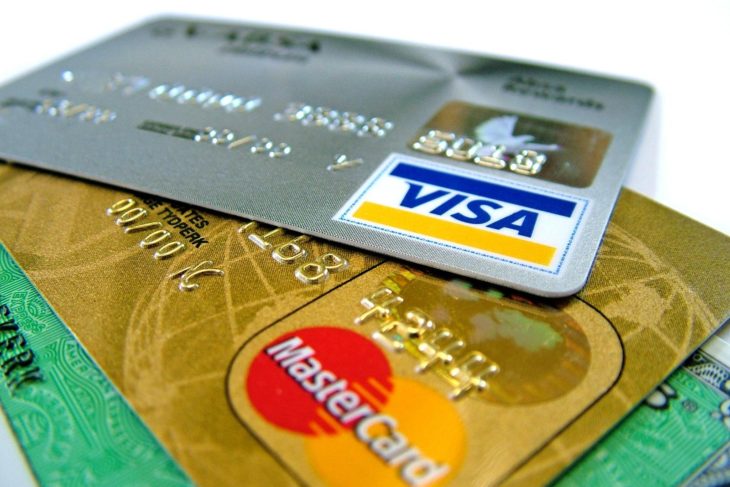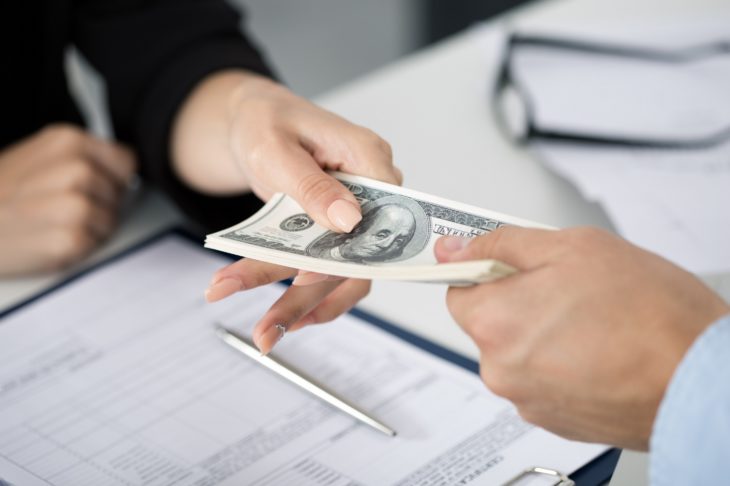An emergency comes up and you are a little short on cash. You have to pay your utility bills, but the power company will not accept a credit card payment. What do you do? As you see it, you have two choices. You can either get a cash advance loan or take a cash advance on your credit card.
Both options have their pros and cons. Unfortunately, no easy answer applies to every situation. You have to weigh the advantages and disadvantages of both options and then try to decide which is better for you. One thing you can be sure of is that randomly making a choice could lead to bigger problems down the road.
Defining Your Options
Before we get to the pros and cons of your options, you should understand what those options are. A cash advance against your credit card is essentially a loan being granted by either the card issuer or the bank behind your card. You are getting a ‘no questions asked’ loan based on your promise to repay.

Img source: ToughNickel.com
A cash advance loan from a local check-cashing outlet is more easily recognized as a loan. There is no plastic credit card involved. You apply for the loan, you are subject to certain approval criteria, and you receive the cash at some point after being approved. Sometimes there is a non-traditional credit check. You’re also required to pay back the loan according to the terms you agree to.
The Credit Card Option
It is generally accepted among financial experts that credit card cash advances are a bad idea. Visit this website and find more about credit cards. For starters, credit card companies do not tend to offer grace periods on cash advances like they do with purchases. Where you can make credit card purchases and incur no interest if you pay the bill in full at the end of the cycle, you’re probably going to incur interest on your cash advance regardless of how soon you pay it back.
Along those same lines, cash advances on credit cards tend to be quite expensive. Moreover, it’s not unusual for credit card companies to apply monthly payments to purchases first. That means if you are not paying off all your purchases at the end of the month, none of your payment will go toward eliminating the cash advance. Also, if you fall behind on your payments, your credit history could be negatively affected.
The only upside to the credit card option is that you don’t need approval. If your account is still active, you are eligible for any cash advances that come with it.
The Cash Advance Loan

Img source: nextviewloans.com
Cash advance loans are another option for meeting your emergency or unexpected cash needs. Provided a consumer has the funds to completely pay off the debt within the allotted time, such a loan is not risky. In fact, it might be safer for people who would otherwise be prone to racking up more debt with a credit card or for people with weak or limited credit histories. At least a cash advance loan is a set amount. You cannot keep adding to it like you can a credit card.
Do note that cash advance loans also carry pretty high-interest rates. The reason is simple: they are short-term loans. However, the fact that they are short term can also be a benefit. Short repayment terms inadvertently work to prevent compounding interest from making the loan continually more expensive.
Credit card advances and cash advance loans are two options for raising emergency cash. Before you decide to use either one though, make sure you fully understand how they work and what the implications are for your circumstances.
